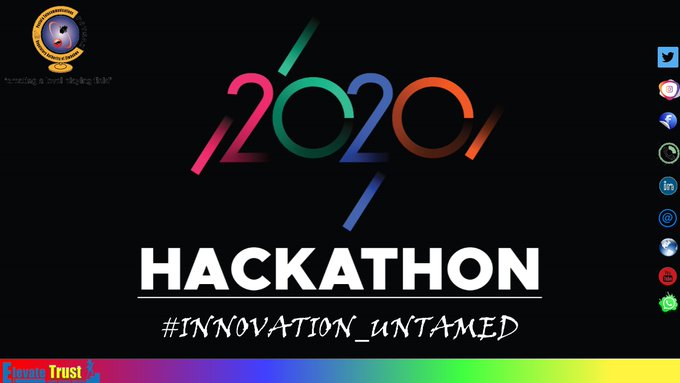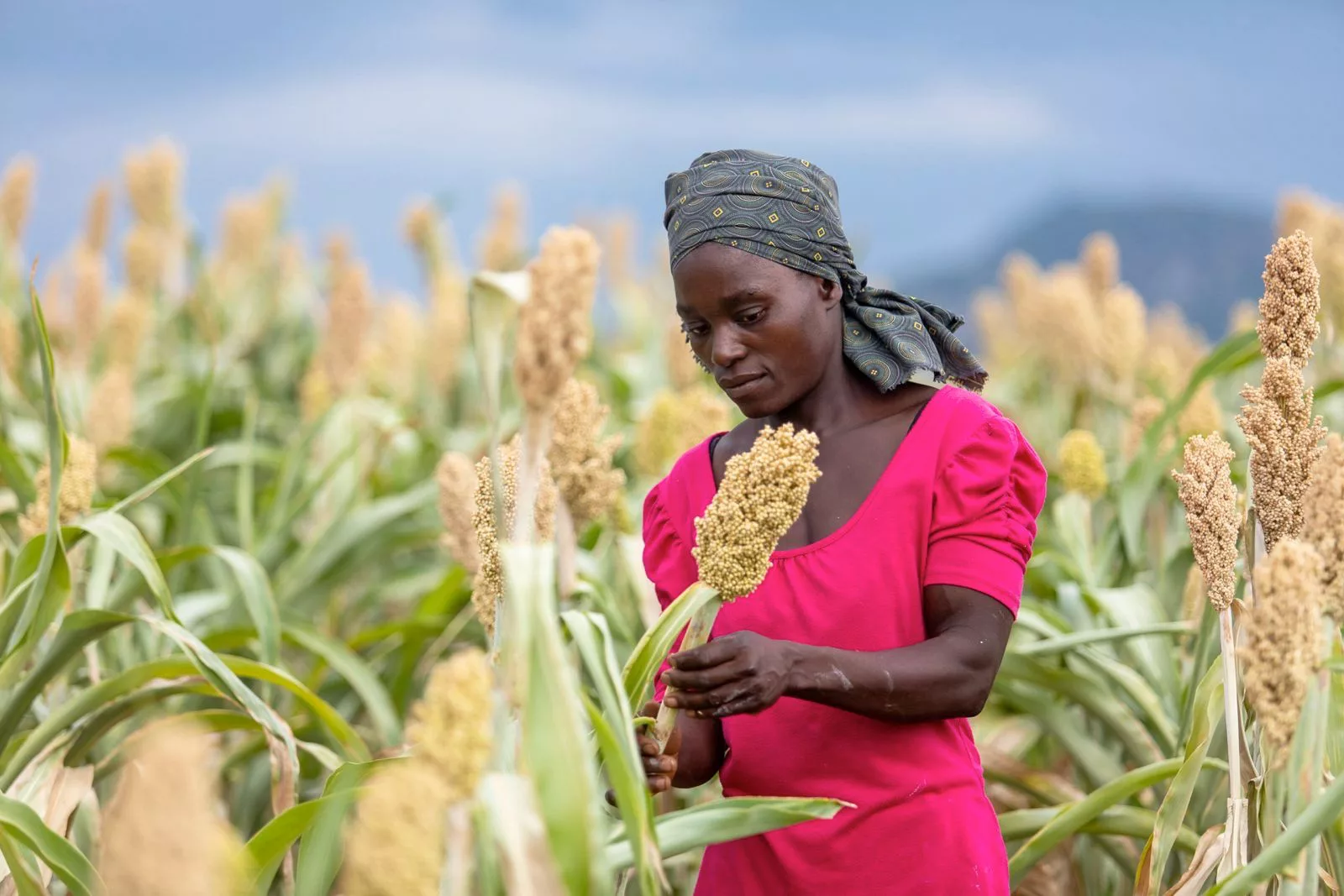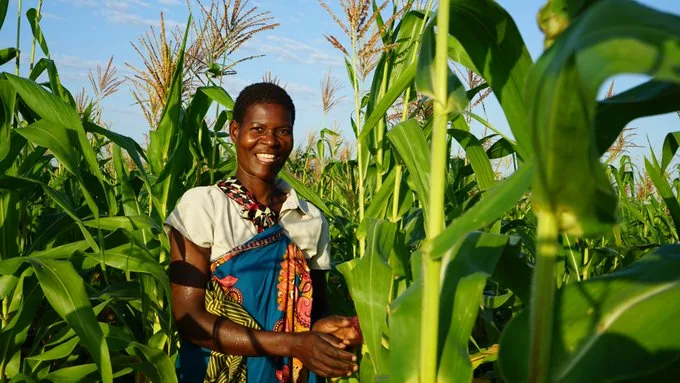By Lovemore Chazingwa in Kadoma
The Postal and Telecommunications Regulatory Authority of Zimbabwe (Potraz) has embarked on yet another sustainable drive to support innovators and innovation hubs among the country’s universities, to scale up the innovation drive, this publication has learnt.
The inaugural Potraz Hackathon competition is currently underway at Kadoma Hotel and Conference Centre, (KHCC) where innovative teams from nine local universities are battling it out for top honours. Winners are primed to grabbing individual awards while their host institution’s innovation hubs will warm up to support courtesy of the ICT regulatory authority.
Last year, Zimbabwe’s participants at the World Summit on Information Society Forum (WSIS) did the nation proud, scooping the highest gong at the global showcase in Geneva, Switzerland.
“The Hackathon concept is being held as a result of recommendations from a report prepared by the delegation that participated at the WSIS 2019 Forum in Geneva and the success of the Zimbabwean representatives at the Hackathon that was held during that event. Potraz is making use of the experience gained during WSIS 2019 Forum to organise Zimbabwe’s own Hackathons which will focus on solving the economic and social problems affecting the country,” read a press communique from the organisers.
This year nine universities have put their names in the hat for the Hackathon running under the theme ‘Hack 4 Smart Sustainable Cities’. Participating innovation teams are from United Methodist Church run Africa University, science biased Bindura University of Science Education BUSE), the entrepreneurial Chinhoyi University of Technology (CUT), monumental Great Zimbabwe University (GZU), techno-preneurial Harare Institute of Technology (HIT), world award winning Midlands State University (MSU), National University of Science and Technology (NUST), Adventist anchored Solusi University (SU) and the country’s flagship, University of Zimbabwe (UZ).
Teams, in groups of three, are undergoing coaching, mentorship and expert advice on how to pitch their innovations by ICT gurus engaged by the parastatal to pluck the best out of the green-horn innovators.
“The team that will emerge the winner at the Hackathon will represent the country at WSIS 2020 Forum that will be hosted by the International Telecommunications Union (ITU) and United Nations Educational, Scientific and Cultural Organization (UNESCO) in Geneva Switzerland from 5-7 April. All expenses for that participation will be funded by Potraz. The top three teams will receive prizes for their members and support for innovation hubs at their universities,” a press package revealed.
One of the participants of Team Zimbabwe at the World Summit on Information Society, 2020 edition in Geneva Switzerland, Charmaine Matsaudza, is present at the Hackathon to add impetus to a competition treasured for empowering innovators who drive the national socio-economic development space.
Twenty-three year old Matsaudza is this time taking a leading role at the current Hackathon here. She is up-beat about the experience and attendant career path windfalls: “Firstly when I got the call from Potraz to facilitate and motivate students I felt very excited. As Zimbabwe, I’m happy to realise that we’re taking a leading role to include the youth in sustainable development goals (SDGs).
“The SDGs are not just about UN but for us as well. It’s our responsibility to partake and see what we can do in our communities to improve the world. We are taking the initiative to give a platform to students who have ideas that may otherwise die down without reaching the world because they don’t have the platform or funding to bring their ideas to fruition. Some of these ideas can be world class.
“I feel very honoured by the WSIS 2019 award we received in Geneva last year. We got so much help and support from Potraz and all over Zimbabwe.”
“Exposure is my most treasured benefit as a result of getting an opportunity to become a global citizen which gave me the idea that it’s not just Zimbabwe but a whole bigger world out there. That was not the end of my journey. I got scholarship to participate at aN SDG summer school from June to July the in Geneva. I won a student award at the Summer School. They provided funding for me to participate at the Unleash Labs Innovation in November of the same year in the world’s second biggest economy, China. My way of life and perspectives have changed since then,” Charmaine explained, with a beaming smile on her face.
A NUST Computer Science graduate, Charmaine was part of a trio that went to Geneva for the global hub including Kudakwashe Paradza from HIT and Isaac Gazimbe (UZ). Their innovation idea was to come up with access to quality education, SDG 4, to solve the problem of overcrowding at learning institutions in the developing countries like Zimbabwe. They proposed peer to peer learning.
She wants to set up consultancy in innovation through hubs.
“I graduated last year November and am currently employed by NMB bank as a robotic process automation specialist . I don’t see this as the only thing that I want to do. I also want to pursue looking at SDGs at technical solution. My future plan is to open an organisation where we can have these hyper-forums to come up with solutions to those SDGs,” she said.
“Investment in infrastructure are critical drivers of economic growth and development. With over half the world population now living in cities, mass transport and renewable energy are becoming ever more important, as are the growth of new industries and information communication technologies.
“Technological progress is also key to finding lasting solutions to both economic and environmental challenges, and investing in scientific research and innovation, are all important ways to facilitate sustainable development. More than four billion people still do not have access to the internet, ninety percent are from the developing world. Bridging this digital divide is critical to ensure access to information and knowledge, as well as foster innovation and entrepreneurship,” according to the UN.
It needs no overemphasis therefore, that innovation, is at the fulcrum of sustainable development trajectory outlined by the UN to uplift all facets of life under the sun.






